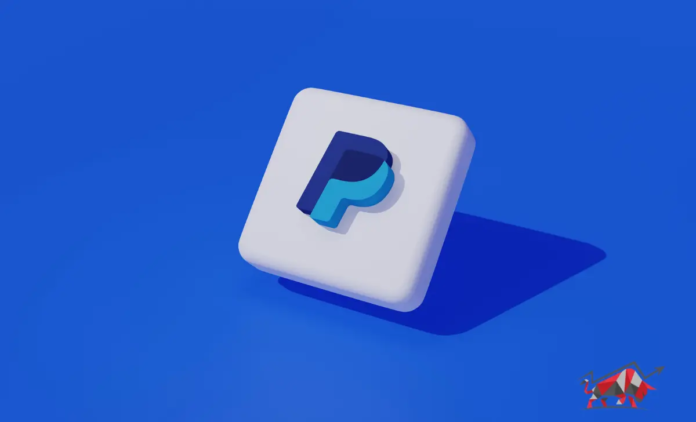PayPal has decided to expand its stablecoin, PayPal USD (PYUSD), to the Solana blockchain. This marks the first time PYUSD will be available outside the Ethereum ecosystem.
On May 28, PayPal announced that PYUSD is now part of the Solana network. This change allows users to perform transactions at a much lower cost. The aim is to make PYUSD more practical for small, everyday purchases.
Solana vs. Ethereum
Solana can handle up to 65,000 transactions per second, costing as little as $0.0025 per transaction. This is a significant improvement over Ethereum, which processes only 15 transactions per second and has higher fees, ranging from $1 to $50 during busy times. While a transaction on Ethereum might take a few minutes, the same transaction on Solana can be completed in less than a minute.
Since last year, Solana has become the most popular blockchain for stablecoin transfers. Data from analytics platform Artemis shows that Solana handled $1.5 trillion in stablecoin transfer volume over the past year, far surpassing Ethereum’s $885 billion.
Despite its advantages, Solana faces challenges, such as recurring network outages. The latest outage occurred on February 9, lasting nearly five hours. An upgrade called Firedancer is expected soon to improve Solana’s reliability and scalability.
PayPal’s Vision
Jose Fernandez da Ponte, PayPal’s senior vice president of blockchain, stated, “Making PYUSD available on the Solana Blockchain furthers our mission of enabling a digital currency with a stable value designed for commerce and payments.”
PayPal and Venmo wallet users will experience seamless integration, meaning their PYUSD balances will be unified across different networks.
PayPal launched its stablecoin in August 2023 in partnership with Paxos Trust Company. Initially, PYUSD was available only on Ethereum as an ERC-20 token. It is backed by U.S. dollar deposits, short-term Treasurys, and cash equivalents.


